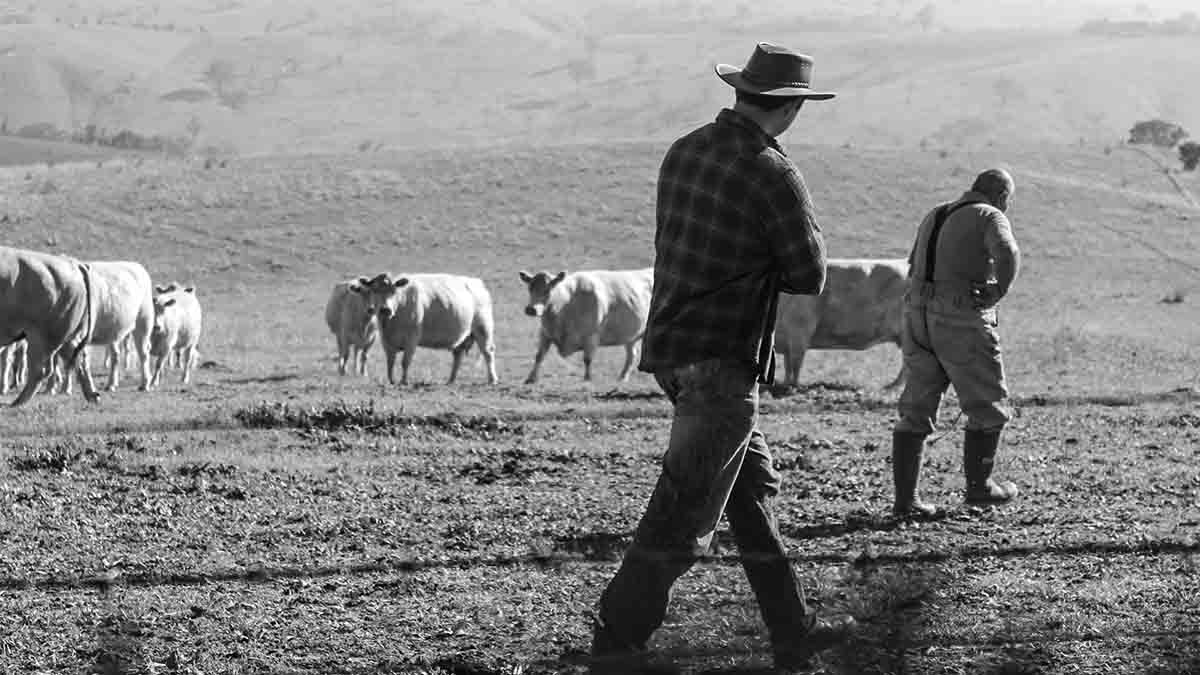Farm Stress Management
Farming is one of the most stressful occupations in the U.S. There is not just one source of stress for the American farmer. It is a high-risk profession, that ranks among the most hazardous industries in both fatal and nonfatal injuries. University of Idaho Extension is offering workshops and free mental health trainings.
About farm stress
When stress is not addressed, is persistent or overwhelming it has detrimental impacts on an individual’s physical and mental health. Chronic stress can be very difficult to manage and hard to see past. People who experience chronic stress can feel trapped, helpless or hopeless. This hopelessness can result in suicide. The suicide rate among U.S. farmers is twice the national rate.
- Financial pressures
- Debt load
- Dependence on unpredictable weather
- Fatigue
- Fear of losing the farm
- Loneliness and social isolation
- Lack of personal time
- Volatile markets
- Extreme work conditions
- Crop failure or livestock illness
- Pain from years of physical labor
- Lack of access to health care
Physical signs of stress
- Headaches
- Memory loss
- Racing heart
- Ulcers
- Sleeping problems
- Exhaustion
- Eating problems
Cognitive/emotional signs of stress
- Depression
- Anxiety
- Anger
- Low self-esteem
- Memory loss
- Lack of concentration
- Difficulty with simple decisions
- Loss of spirit
Behavioral signs of stress
- Passive-aggressive behavior
- Backbiting
- Irritability
- Isolation
- Violence
- Drug-use
- Increased alcohol consumption
Stress is an unavoidable part of life. Much of farm stress comes from a lack of control over their situation. When control is out of your hands, efforts to minimize stressors and build resilience towards stress are the most fruitful approaches to managing stress. Resilience is the ability to bounce back from negative emotional experience. Resilience can be built though establishing healthy coping mechanisms and developing wellness strategies. Some strategies include, acceptance of a situation, practicing gratitude, exercising, eating well, spending quality time with loved ones, positive self-talk and breath work. To learn more about farm stress management join us at one of our workshops or contact us.









